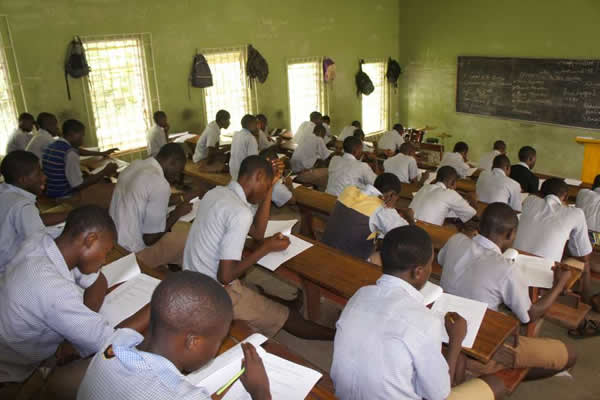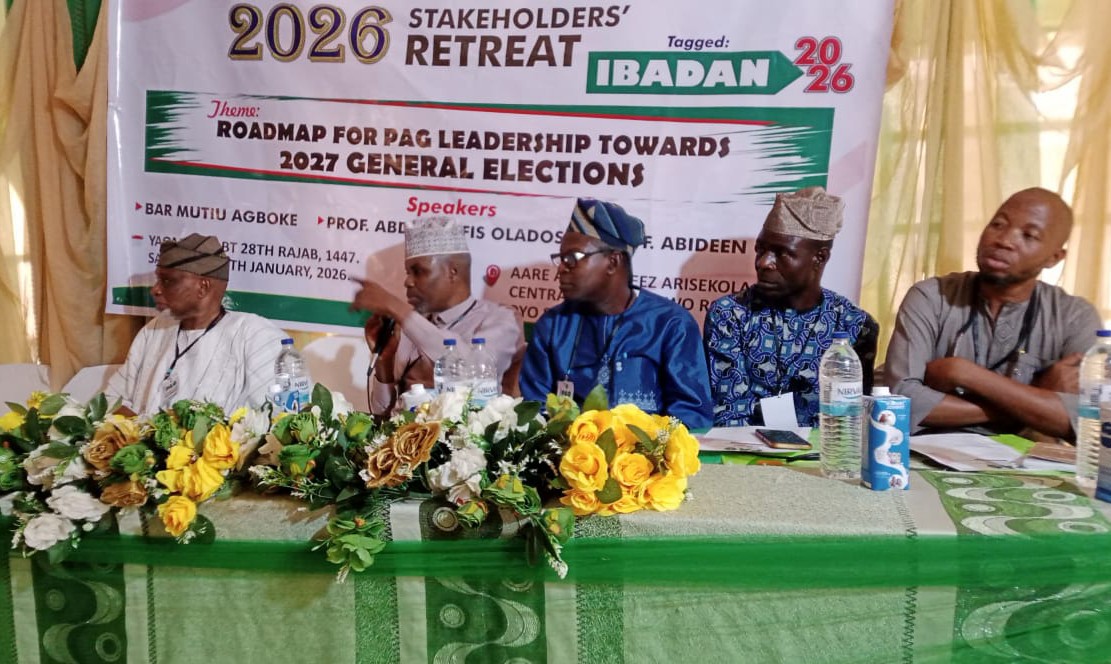EXCLUSIVE: Why Tinubu, staggered, tripped in Ankara
January 28, 2026PAG Calls for Active Voter Participation Ahead of 2027 Elections
January 25, 2026‘72% Bauchi Schools Lack Access To Clean Water, Sanitation Facilities’
‘72% Bauchi Schools Lack Access To Clean Water, Sanitation Facilities’

72 per cent of the schools in Bauchi State do not have access to basic Water, Sanitation, and Hygiene (WASH) facilities needed by students and teachers.
Also, ninety-three per cent of the healthcare facilities across the 20 Local Government Areas of Bauchi State have no access to WASH facilities
These were disclosed by the Chairman, Bauchi State Network of Civil Society Organisations, Jinjiri Garba, at a press conference organised to mark the 2023 World Toilet Day, which was held at the NUJ Secretariat on Friday.
He said that the press conference was in recognition of the progress of WaterAid and its partners towards achieving safer water communities, decent toilets, and motivating communities through hygiene behaviour change campaigns geared towards achieving an open defecation-free state and nation by 2025.
Garba, while quoting statistics from WASH National Outcome Routine Mapping, 2021, added that 97 per cent of public places across Bauchi State do not have basic WASH facilities for the general public’s use.
He said that it was sad that Nigeria remains distant from achieving the SDG 6 goal of ensuring universal access to basic lifesaving services, pointing out that 60 million Nigerians lack access to basic water supplies.
“Sadly, 21 per cent of the Bauchi State population still practices open defecation, 72 per cent of the total number of schools, 93 per cent of the total number of healthcare facilities, and 97 per cent of public places do not have access to WASH facilities.
“Despite evidence of the effectiveness of good hygiene practice as the first line of defence in the prevention of infectious diseases, about 60 million people in Nigeria lack access to basic water supply, 167 million people lack basic hand washing facilities, and 48 million still practice open defecation.
“Globally, 70,000 children under 5 die every year from diseases caused by a lack of clean water, decent toilets, and good hygiene services.
“These statistics remain alarming as Nigeria remains distant from achieving the SDG 6 goal of ensuring universal access to basic lifesaving services,” he said.
END.










